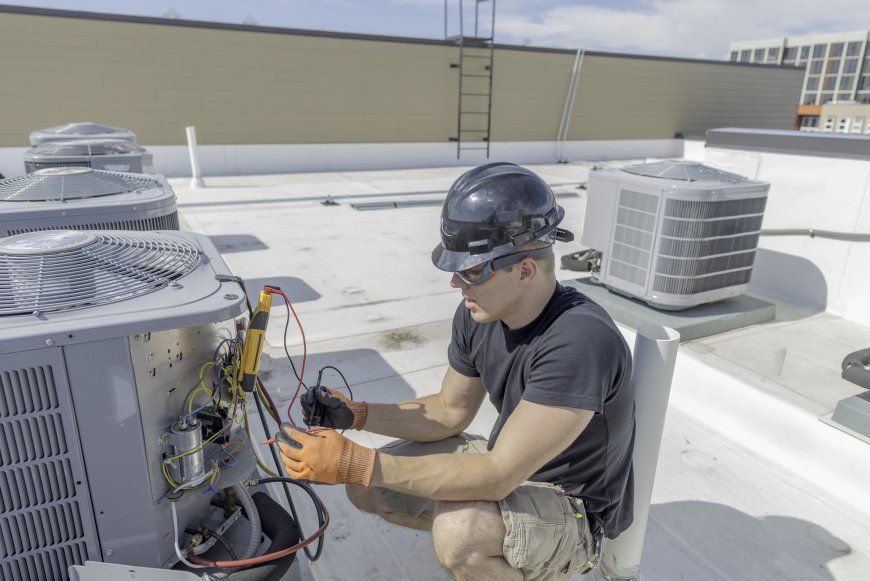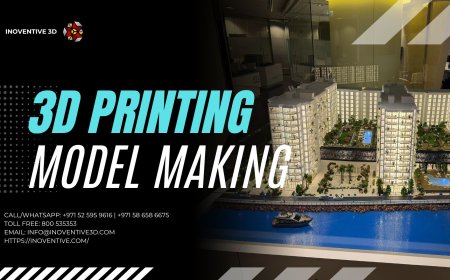Cost of HVAC Installation Without Ductwork (2025 Guide)
Discover the cost of HVAC installation without ductwork. Learn about pricing, factors, pros, and tips to save on ductless systems for U.S. homes in 2025.

Considering an HVAC system installation but holding back on the ductwork? You're not alone. Increasingly, homeowners and property managers in the United States are shifting towards ductless HVAC systems, and it's easy to see why. They're energy-efficient, versatile, and also less expensive to install.
But what does it cost to install HVAC without ductwork? Let's explore.
The Shift to Ductless Systems
Those days are long gone when forced-air heating and central air were the only ways to go. Thanks to advances in HVAC technology, ductless systems, such as mini-split systems, have become the norm, particularly in older homes, additions, and small commercial facilities where duct installation simply isn't feasible.
Understanding the True Costs
Average Installation Cost
On average, installation of an HVAC system without ductwork can cost anywhere from $3,000 to $10,000 in the U.S. This depends mainly on the following:
-
Number of indoor units/zones
-
Brand and model
-
Labor rates in your region
-
Complexity of installation
Here's a general breakdown:
|
System Size |
Number of Zones |
Estimated Cost |
|
9,000 BTU |
1 zone |
$3,000 $4,500 |
|
18,000 BTU |
2 zones |
$4,500 $6,500 |
|
36,000 BTU |
34 zones |
$6,000 $10,000+ |
These estimates include equipment and installation.
Factors That Affect Pricing
1. System Size and Output (BTUs)
The bigger the space you're heating or cooling, the more capacity it requires, which again translates directly into cost.
2. Number of Indoor Air Handlers
Each zone or room has its own air handler, and with each additional unit, you're adding $700$2,000 to your bill.
3. Electrical Work
Having a mini-split might mean you need a new electrical circuit, and that will cost another $500$1,500.
4. Brand and SEER Rating
Higher-end models (such as Mitsubishi, Daikin, or Fujitsu) and higher SEER-rated systems are more expensive upfront but ultimately save more money.
5. Labor Costs
Labor costs will also differ greatly depending on the region. In regions such as California or New York, HVAC labor will cost $100$150 per hour, while in Southern states it will be about $75$100/hour.
Hidden Costs and Misconceptions
Are Ductless Systems Always Cheaper?
Not necessarily. Although you save installation costs for ductwork, per-unit cost can mount. A multi-zone system in a big house can come close to the cost of a ducted system, unless you insulate well, you could lose efficiency too.
Installation Isnt Always DIY-Friendly
Although mini-splits appear to be simple, improper installation can invalidate your warranty. You must have a licensed HVAC professional vacuum out refrigerant lines, install units correctly, and meet electrical codes.
Permits and Code Compliance
You will require permits in most U.S. cities, particularly for electrical services. The permits may range from $100 to $500 and take time.
Pros of Ductless HVAC Installations
No Ductwork Needed
Perfect for old homes, attics, garages, or any area where ducts are expensive or invasive to install.
Zoned Comfort
Adjust the temperatures for individual rooms, ideal for families or multi-function areas.
High Efficiency
Most ductless systems have SEER ratings of 1830+, which makes them amongst the most energy-efficient HVAC systems available.
Quieter Operation
No whooshing through vents. Ductless systems are almost silent compared to central air.
When Is It Worth It?
Ductless HVAC installation without ductwork is worth it if:
-
You're retrofitting an older home
-
You're adding a new room or in-law suite
-
You want zoned control
-
You live in a moderate climate and dont need heavy-duty heating
If your goal is a quick, efficient, and flexible solution, ductless is often the right move, just be ready for upfront costs.
Cost-Saving Tips
Get Multiple Quotes
Prices vary widely. Always get 34 quotes from licensed HVAC contractors in your area.
Look for Rebates & Tax Credits
Many utility companies and the federal government offer incentives for energy-efficient HVAC installs. Check out:
-
ENERGY STAR rebates
-
Federal Residential Energy Credits (up to 30% through 2032)
Dont Oversize Your System
Bigger isnt always better. An oversized mini-split costs more and wont run efficiently. A professional load calculation ensures you choose the right size.
Final Thoughts: Is Ductless HVAC Right for You?
Installing HVAC without ducts is more prevalent and intelligent, particularly in U.S. houses that appreciate efficiency, flexibility, and clean looks. Although the price is variable, the majority of homeowners find that the long-term energy efficiency and comfort make the investment worth it.
Frequently Asked Questions
How long does it take to install a ductless HVAC system?
Most installations are completed in 12 days, depending on the number of indoor units.
Can I use a ductless system for both heating and cooling?
Yes! Ductless mini-splits are heat pumps, which means they provide both heating and cooling year-round.
Whats the lifespan of a ductless HVAC system?
With proper maintenance, they typically last 1520 years.


































